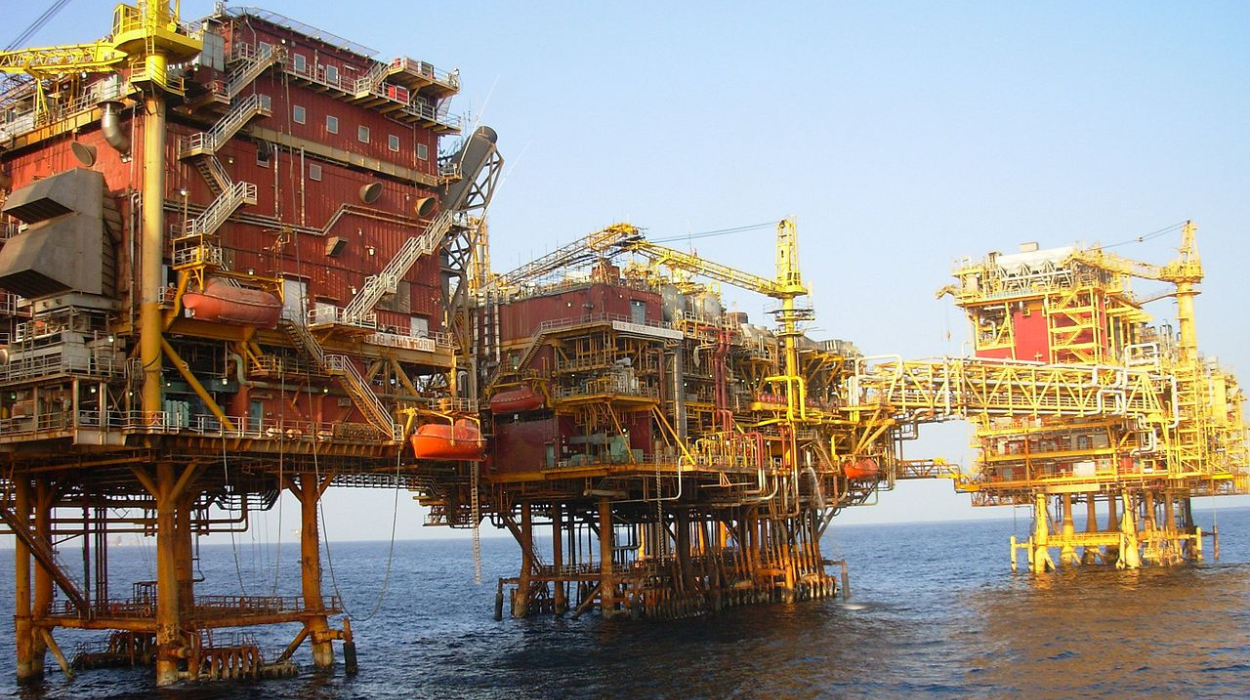Abu Dhabi (Transatlantic Today)— Oil prices surged on Wednesday, driven by heightened geopolitical tensions following an airstrike on the Iranian consulate annex, attributed to Israel. Investors eagerly await an announcement from OPEC+ (Organization of the Petroleum Exporting Countries) amidst the escalating situation.
Brent crude for June delivery increased by 0.78% to $89.62 a barrel from the North Sea at approximately 11:10 GMT (1:10 p.m. CET). Similarly, WTI for May delivery rose by 0.79% to $85.81 a barrel. Both benchmarks are still at their best levels since October, with Brent approaching $90 a barrel.
Geopolitical Tensions and Supply Concerns
The surge in oil prices is attributed to increased geopolitical risks stemming from the escalating conflict in the Middle East, alongside OPEC supply cuts and positive economic data from China. Concerns about potential supply disruptions persist following Monday’s airstrike near the Iranian embassy in Damascus, which resulted in casualties and raised fears of retaliation from Iran.
OPEC+ Meeting to Determine Future Policy
OPEC and its partners are currently convening a technical meeting of their Joint Ministerial Monitoring Committee (JMMC) to deliberate on the extension of current output curbs. Although no immediate policy changes are anticipated, market participants eagerly await insights into potential adjustments that could shape future oil production strategies.
Economic Data and Demand Outlook
According to Prixdubaril, the robust factory activity witnessed in China, Japan, and the United States surpassing earlier projections indicates promising prospects for global oil consumption. Notably, China’s manufacturing sector experienced a significant revival in March, while the United States saw growth following an extended period of contraction. Additionally, investors are eagerly anticipating the release of weekly commercial crude oil inventories in the United States, which will provide valuable insights into supply patterns and market dynamics.
Oil prices are on the rise amid escalating geopolitical tensions and ongoing supply concerns in the Middle East. The outcome of the OPEC+ meeting and economic indicators will likely influence future market movements as investors navigate the evolving landscape of the oil market.


























